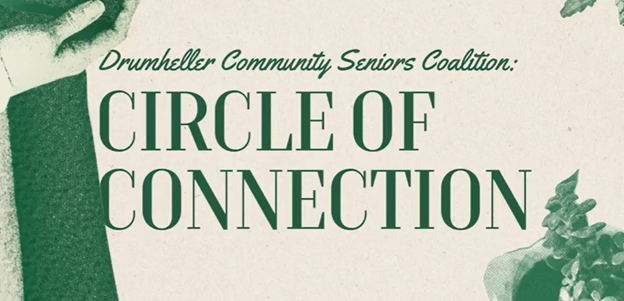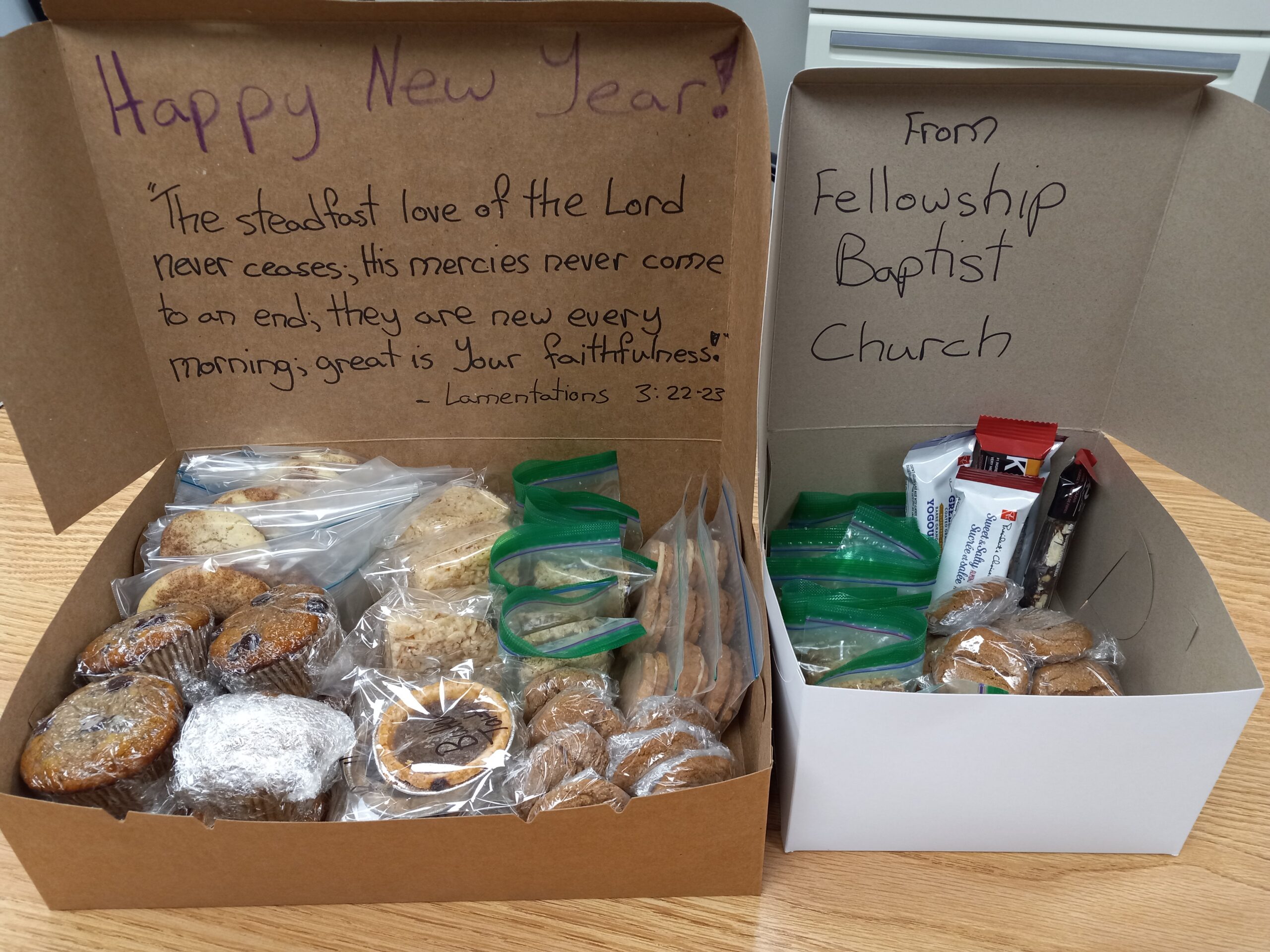Does your child avoid, or not like, fine motor activities like arts and crafts? Are you wondering how to help your child get ready for using fine motor skills at school?
If so, please join this free zoom session to learn:
– how to help your child build fine motor skills
– what fine motor activities are, besides arts and crafts
– how to build fine motor opportunities into your child’s day
This webinar is intended for all parents and caregivers of children who are from 3 years to 5 years. It’s also suitable for parents and caregivers of children with developmental concerns, autistic or neurodivergent children.
Developed and delivered by: AHS occupational therapist
Available Dates and Times
Wednesday, January 28, 2026 12:00-1:00 pm
Wednesday, February 25, 2026 9:00-10:00 am
Wednesday, March 18, 2026 12:00-1:00 pm










